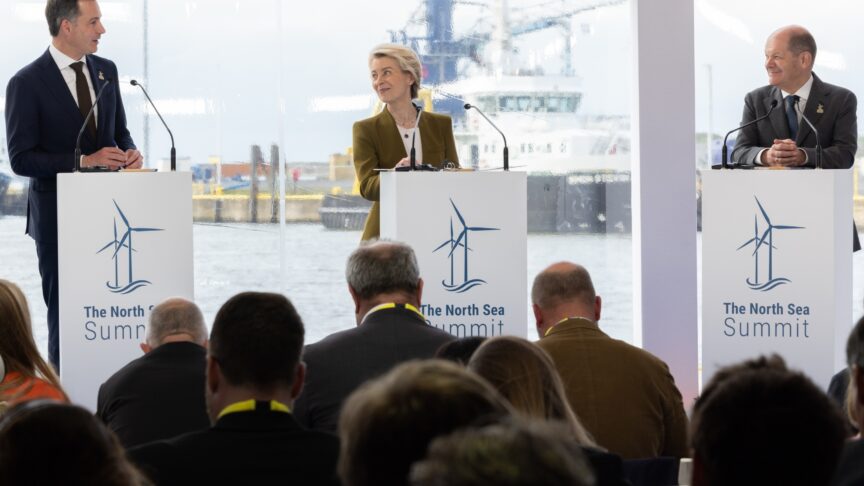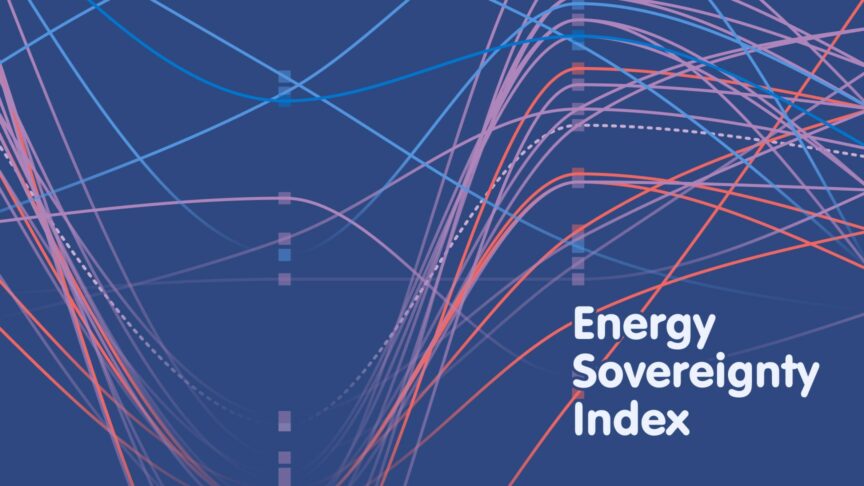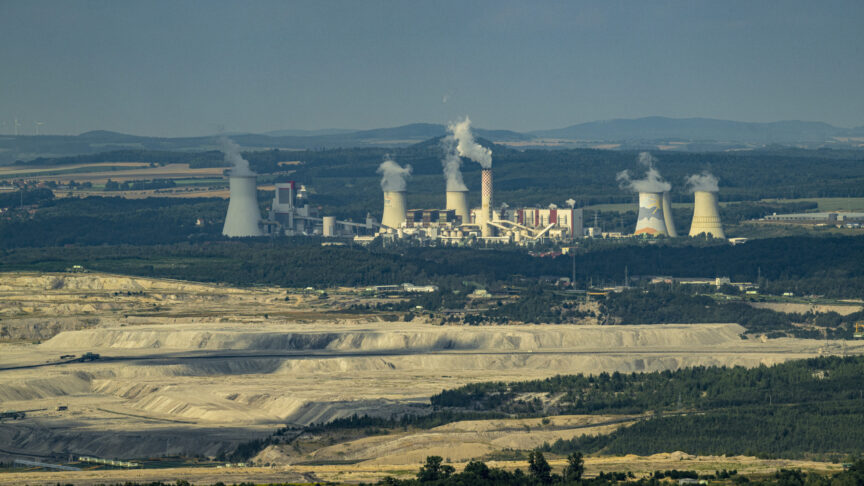Since Russia launched its full-scale invasion of Ukraine in February 2022, European policymakers have worked to diversify away from their dependence on Russian energy. The Putin regime’s determination to continue its war of aggression has extinguished any remaining hope in Brussels and in most European capitals that the European Union could return to cooperation with Russia in the coming years.
This reality casts new light on the EU’s efforts to achieve sustainable energy security. The bloc and its member states are already making decisions that will shape their long-term energy security. The EU’s well-established gas suppliers are seeking to renegotiate terms in line with recent shifts in energy markets. They, as well as supplier countries with whom member states have newer relationships, are pushing European governments to sign deals that involve long-term commitments and have implications for infrastructure, as part of a joint effort to increase exports of fossil fuels to Europe. Member states are now also looking to deepen their diplomatic relationships with partners that could be crucial to the clean energy transition – through collaborative innovation, tech cooperation, and agreements on the supply of energy and raw materials. But it is unclear whether they are making enough effort to ensure that the resulting deals cover these aspects of clean energy.
Given EU citizens’ concern over the spiralling cost of living, member states will need to explain how every penny of investment makes a genuine contribution to sustainable energy security. Their leaders should make the case for greater coordination at the European level, partly by explaining why national efforts to secure energy imports are often inefficient. To do so, they will require a clear view of the myriad long-term commitments in the agreements they are making, and the ways in which these commitments will support or hinder the green transition.
The European Council on Foreign Relations’ EU Energy Deals Tracker collates the information they will need in this, incorporating regular updates to ensure it remains accurate. The tracker paints a striking picture of energy agreements involving the EU and its member states, drawing on the work of ECFR’s network of 27 associate researchers, Eurostat data on final energy consumption in 2020, and Bruegel estimates of gas imports in 2021.
We would like to thank the following members of the ECFR’s research network for their contributions: Sofia-Maria Satanakis, Vincent Gabriel, Marin Lessenski, Robin-Ivan Capar, Hüseyin Silman, Vladimir Bartovic, Christine Nissen, Viljar Veebel, Minna Alander, Tuomas Iso-Markku, Martin Quencez, Gesine Weber, Jule Könneke, Stephan Naumann, George Tzogopoulos, Zsuzsanna Végh, Harry Higgins, Isabella Antinozzi, Alberto Rizzi, Aleksandra Palkova, Justinas Mickus, Tara Lipovina, Daniel Mainwaring, Niels van Willigen, Adam Balcer, Lívia Franco, Oana Popescu, Matej Navrátil, Marko Lovec, Astrid Portero and Amna Handzic.



